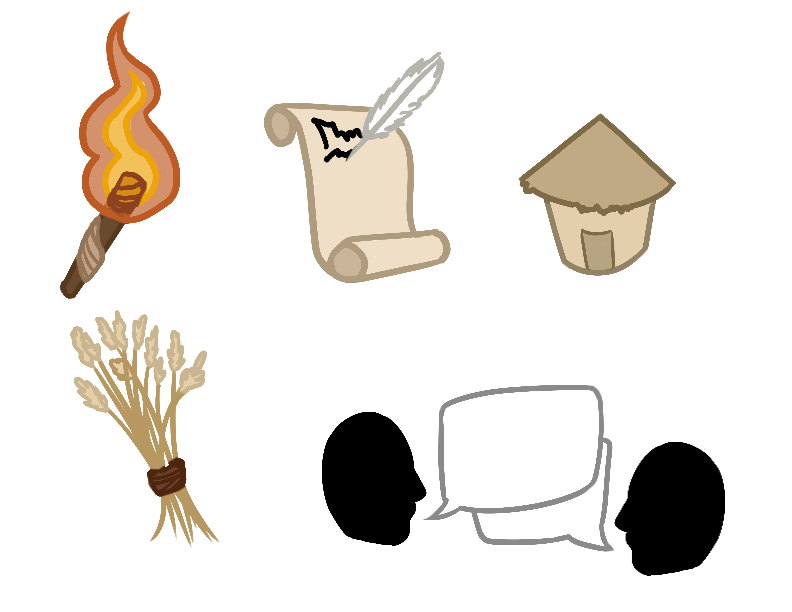Memetics: The History Behind Memes
March 23, 2018
Let’s set this straight, the term ‘meme’ covers a lot more than you might think. If you search up memes on Google, you get a bunch of outdated memes featuring images with white impact font superimposed over it.
If you search up memes in Google Scholar you get something else entirely. What you’re looking at in Google Scholar, is memetics, or the scientific study of memes. Memes, according to the research on memetics, are things like ideas, stories, habits and inventions, all of which are spread by imitation. The way that modern memes have spread has been likened to the way that a gene would. A human who knows how to make fire is more likely to survive than a human who doesn’t, and therefore more likely to pass on the meme. In the same way, if an animal in a colder climate has a gene that gives them a thicker fur coat, then they are more likely to survive and pass on said gene. If a meme, like the invention of fire, makes a person more likely to survive, then the meme itself is more likely to survive. Unlike genes, memes don’t need nearly as much time to reproduce and spread. In combination with their gene-like behavior, memes also act like viruses, in that they spread from human to human contagiously. A human can observe another doing a task such as making fire, and then learn or imitate the action, and then go to other humans, showing them how to do it as well, spreading the meme in that manner. We can spread skills and ideas like this because of our ability to imitate, but perhaps we’re too good at it, causing us to spread memes that are unnecessary to our survival, like song, dance, and things that would expend energy.
Memes, in the memetic sense, have had quite a long history, starting before the invention of language, with things like the invention of shelter, tools, and weapons, things you don’t really need language for. Then, once language was invented and technology progressed, allowing us to live closer together and communicate more efficiently, memes could spread more rapidly. In the 20th century, scientists started to note this cultural change and wanted a word for it. So, in 1976, an evolutionary biologist named Richard Dawkins coined the term memetics in his book “The Selfish Gene”.
From that point on, memetics would continue to grow, but not without controversy. Sure, memetics describes history quite well, but its very nature makes it hard to study. This has caused some to think of it as a pseudoscience, while some others think it hasn’t had its James Watson and Francis Crick (who created the model of the double-helix) yet, or even its Gregor Mendel, (the father of modern genetics) all three of which were massively influential in the progress of genetic science. Regardless, memetics is where the term “meme” originates from. At the time, 1976, the internet hadn’t even taken its baby steps yet. When the internet took off, so did the internet’s version of a meme.
The internet meme is the version of the meme that we’re all too familiar with right now, and a version that Dawkins wasn’t really thinking of when he coined the term “meme”. Internet memes and regular memes are very similar, except internet memes don’t provide any evolutionary advantage, and are quite a bit more like a virus in the way that they spread, thus the phrase “going viral” is used. Dawkins made a term in the 1970s that describes a phenomenon we observe today. What did he think of this? In an interview published by Wired in 2013, he had this to say about the internet using his word: “The meaning is not that far away from the original. It’s anything that goes viral. In the original introduction to the word “meme” in the last chapter of “The Selfish Gene”, I did actually use the metaphor of a virus. So when anybody talks about something going viral on the internet, that is exactly what a meme is and it looks as though the word has been appropriated for a subset of that,” said Dawkins.
The lifecycle of an internet meme is a short one. Memes spread across the globe in hours, rapidly changing and mutating, until it can mutate no more, at that point it dies, and stops spreading. So, with the rate that information spreads, the rate that culture changes, and the rate that internet memes come and go, will internet memes go away just as fast as they got here? Or are internet memes here to stay?








